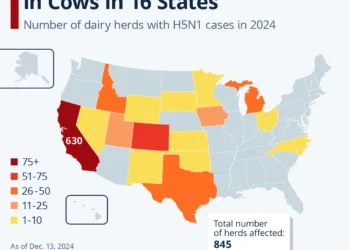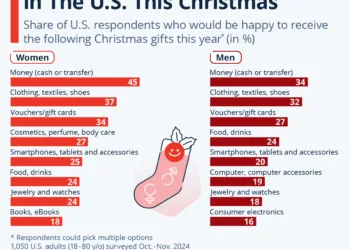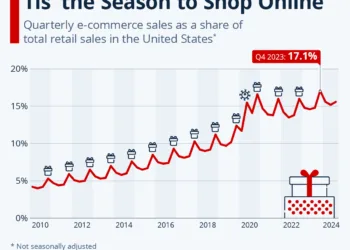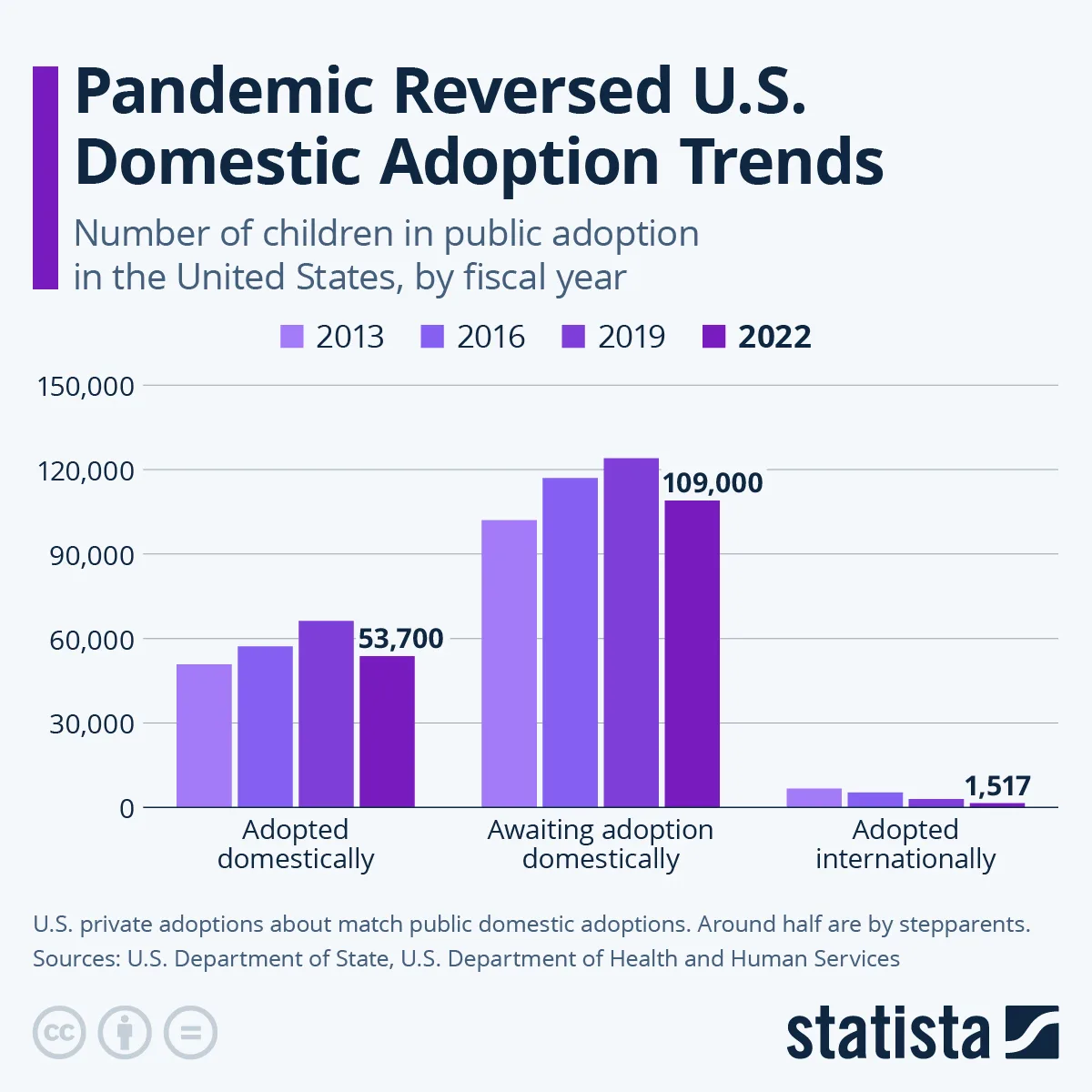Donald Trump has a strong affinity for tariffs, believing that increasing prices on imported goods is central to his campaign for a second term in office.
“Tariffs are the greatest thing ever invented,” he declared at a Michigan town hall in September 2024. He has vowed that if he regains the presidency, he will implement a blanket tariff of up to 20% on imports, and even as high as 200% on vehicles imported from Mexico, all in an effort to boost American manufacturing.
This isn’t new territory for Trump; he was a proponent of tariffs during his first term from 2017 to 2021. During that time, he argued that such policies would help to correct the trade imbalance with China, revitalize American manufacturing jobs, and increase government revenue.
Tariffs were imposed on a wide array of products, including steel, aluminum, solar panels, and washing machines.
But did this approach yield positive results? According to our research, the answer is no.
Our findings suggest that introducing tariffs actually intensified the United States’ reliance on foreign suppliers, failing to generate new jobs domestically. Moreover, these tariffs increased costs for American consumers and provoked retaliatory measures from several trading partners, including China, the European Union, Canada, Mexico, India, and Turkey.
For instance, China responded by tripling its tariffs on American automobiles. The EU took action by lodging disputes with the World Trade Organization and significantly raising tariffs on US products such as Harley-Davidson motorcycles, jeans, and bourbon.
Furthermore, Trump’s tariffs did not stimulate a surge in US manufacturing. Our research indicates that, following the implementation of tariffs, US manufacturing supply chains became less diversified, often resulting in domestic companies being sidelined in favor of foreign competitors.
We found evidence that US manufacturers reduced their global network while simultaneously increasing their dependence on a limited number of foreign companies. This further supports the notion that Trump’s tariffs failed to generate the desired outcomes.
Our research indicates that “reshoring”—the process of moving production back to the home country—is not achievable without a well-established ecosystem of suppliers, intermediaries, and customers. Consequently, imposing trade barriers without appropriate support for developing local supply chains is unlikely to yield a stronger economy or create more jobs.
Essentially, for reshoring to be successful, the domestic economy must possess the capacity to meet demand. However, the US, similar to the UK, has lost significant manufacturing capabilities, and restoring them is a long-term endeavor.
Building a new industry demands infrastructure, skilled labor, and robust supply chains, with a tailored approach needed for each sector. Securing the right skills and workforce is often the biggest hurdle and may necessitate immigration.
It’s worth noting that even this strategy may fail in highly complex industries. Despite generous incentives provided by the Biden administration to boost chip manufacturing in the US, Taiwan still holds a dominant position in the market, raising doubts about the US’s competitiveness.
Smit/Shutterstock
On the other hand, industries that can leverage automation and robotics for manufacturing, such as chemicals and transportation equipment, might be simpler to revive, yet they may not create the intended number or diversity of job opportunities. Often, reshoring strategies involve greater investments in automation and machinery over human labor. While Trump’s focus has been on resurrecting American manufacturing jobs, many of these positions may be lost permanently.
Trading Places
In summary, implementing tariffs without appropriate domestic support has led to US manufacturers becoming more reliant on foreign suppliers while decreasing their reliance on local sources.
It’s important to note that support for tariffs isn’t exclusive to Trump or right-leaning politicians. There seems to be a consensus among many Western politicians that some tariffs can serve as effective economic tools.
For example, trade restrictions against China have persisted under the Biden administration, although he has eased some tariffs for imports from the EU, Canada, and Mexico. Recently, Canada announced 100% tariffs on Chinese automobiles and 25% on Chinese steel and aluminum, while the EU has also imposed tariffs on several Chinese products.
One notable critic of tariffs is former Vice President Mike Pence, who recently suggested abolishing them altogether, arguing that tariffs simply raise prices for consumers without enhancing prosperity.
Trump, of course, holds a differing view. If he secures a second term, it seems likely that implementing international tariffs will be a priority on his agenda. However, if the outcome mirrors the previous implementation, these tariffs may provide little benefit to the American economy or the voters who rely on it.










